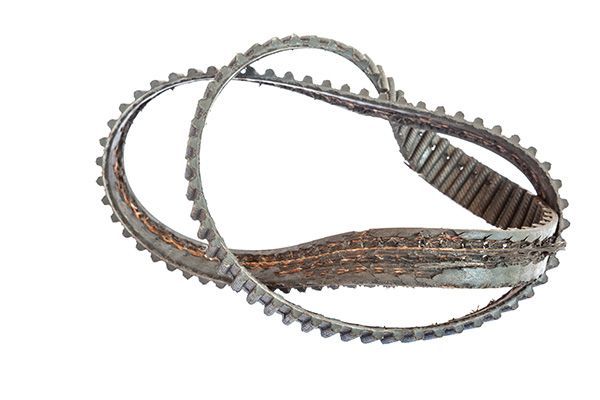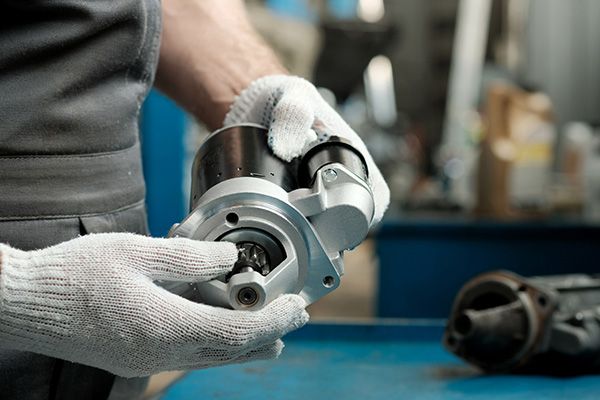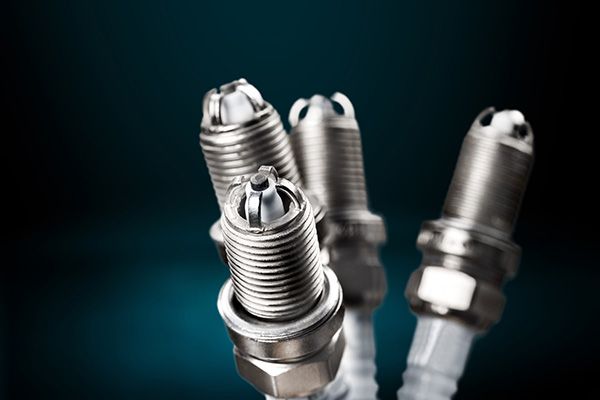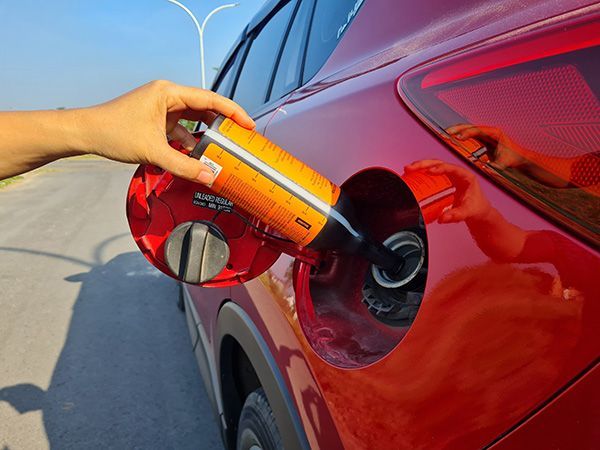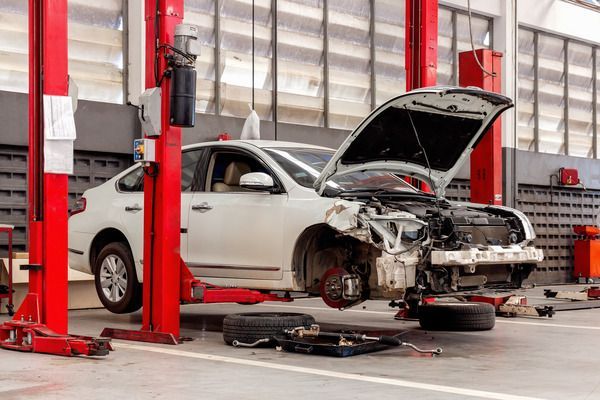My Garage
You do not have My Garage enabled.
Section under maintenance.
Loading ...
Missing business hours data / Error occurred while getting the data.
Schedule an Appointment
My Garage
You do not have My Garage enabled.
Section under maintenance.
★
★
★
★
★
Review
My Garage
You do not have My Garage enabled.
Section under maintenance.
Loading ...
Missing business hours data / Error occurred while getting the data.
Loading ...
Missing business hours data / Error occurred while getting the data.
Quick Links
Loading ...
Missing nap lines data / Error occured while getting the data.


